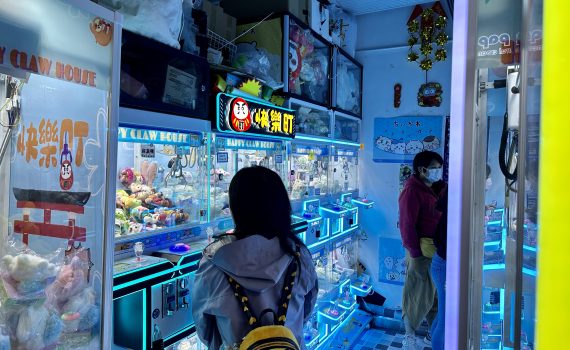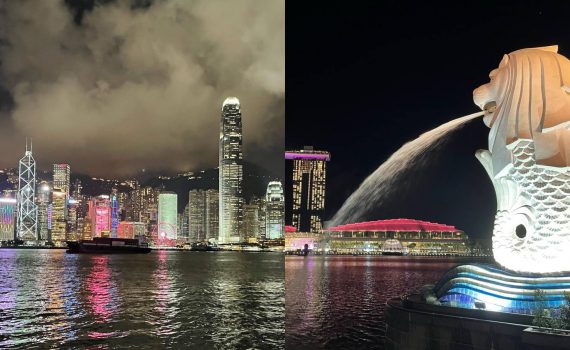#hk

New Gold Zone at 2025 International Jewellery Show boosts Hong Kong’s position as trading hub
- 2025-03-04
- Business
- By: Yichun FangEdited by: WANG Ruoshui、XIA Fan、BO Chuxuan
- 2025-03-04
The 41st Hong Kong International Jewellery Show kicking off on Tuesday, debuts the Gold Jewellery Zone at the Convention and Exhibition Centre, with international gold exhibitors drawn in. The Hong Kong Trade Development Council (HKTDC) describes this new addition as a showcase for novel gold jewellery design, part of efforts to strengthen the city’s position as a global hub for gold jewellery trade. Organised by the HKTDC, the Jewellery Show will run from 4 to 8 March, showcasing new product trends including affordable luxury jewellery, men's and unisex jewellery, sustainable development and jewellery technology. “Hong Kong is actively accessing both the technical support of mainland China and the international market, so I hold a strong belief that the gold market here will become increasingly prosperous,” said Winston Chow, director & deputy general manager of Chow Sang Sang Holdings International Ltd. HKTDC said that Hong Kong is leading in the gold product sector. Currently, manufacturers are conducting high value-added processes in Hong Kong, while shifting manufacturing activities to mainland China. Atticus Zhu, the founder of Shenzhen Shangpin Gold Jewellery company exhibiting in the gold jewellery area, said that the consumers of the Hong Kong gold market accept the premium of labor cost on design to a greater extent than mainland Chinese customers, who are relatively more sensitive to the gold price. “Hong Kong is the global hub for gold jewellery trade, providing a springboard to tap into various international markets,” he added. “For example, through Hong Kong, we reached out to the Malaysia market, a country with a 20% overseas Chinese population and has one of the most receptive markets for gold today. ” The gold price rose more than 25% in 2024, the most significant annual gain in 14 years, as regional wars and political changes continued the uncertainty among …

Two out of 40 prepackaged juices found to contain mycotoxin
- 2017-10-17
- Health & Environment
- The Young Reporter
- By: Holly ChikEdited by: Daisy Lee
- 2017-10-17
Consumer Council said two of prepackaged juices samples were tested positive for patulin, a mycotoxin a UN committee on Food Additives say could suppress immunoreactions, damage nerves and affect the development of infants. Although patulin is commonly present in decaying fruits, especially apples, "the risk is higher in juices because mould cannot be seen", said council spokesman Michael Hui King-man. The distributors have instantly removed the two cold pressed apple and blended apple juices, in which the amount of patulin have exceeded the Centre for Food Safety's action level. The council also found that the dietary fibre content of all 40 samples, including those with fruit pulps claims, was lower than the detection limit of less than 1.1g/100ml of fruit juice. Vitamin C content in apple juices was also found generally lower than 2mg/100ml, whilst that in orange juices, on the whole, was higher, ranging from 11 to 52mg/100ml. High sugar content in all samples also entailed that they are "not deemed as a low-sugar food" under Hong Kong's current nutrition labelling standards. For the sample with the most sugar, drinking 1 bottle of 360ml of juice would amount to 46g of sugar intake. In other words, it is equivalent to 92% of an adult average daily intake of 50g free sugars limit. The council urged consumers not to substitute fruit juice for fruit because juices contain less vitamin C and fibre but are more expensive. Reported by Holly Chik Edited by Daisy Lee







